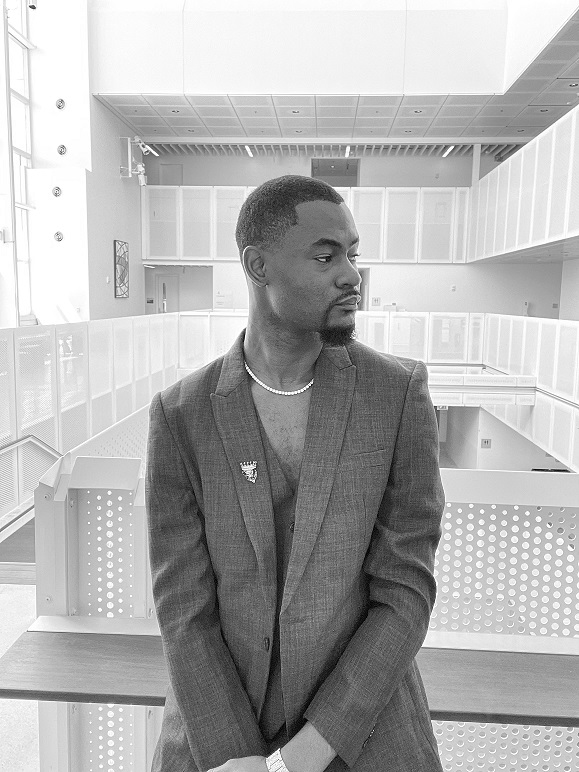On 25 June 2021, Open Country Mag published a 2,619-word feature entitled “Cameroon’s New Literary Generation Comes of Age, as Anglophone Crisis Deepens.” It is a multi-sourced story that contextualizes the work of the country’s Anglophone and Francophone writers of different generations, the role that the country’s sole Anglophone literary organisation Bakwa plays, and what it means to write about and during national crisis.
I began thinking of writing this feature in 2019. We started interviewing a diverse group of Cameroonian writers for the feature in November 2020 — seven months before publication and one month before our magazine launched. Like every other in-depth feature we have published, it is a story that had not been told or framed this way.
This morning, we received a link to a 989-word feature on Al Jazeera English’s website, published on 15 September 2021 and entitled “Cameroon’s new literary generation is asserting itself globally.” From its title to almost every paragraph, it takes, rephrases, and rearranges from our own feature, arriving at a report of lesser range and nuance, a report that adds nothing new except quotes from interviewees, most of which only echo ours.
Open Country Mag’s feature begins with how a young Cameroonian writer entered the literary scene through Bakwa and last year won a prestigious scholarship. Al Jazeera’s begins with the same writer’s entrance into the scene, remixed with extra but minor information. Ours then lists a few notable young Cameroonian writers. Al Jazeera’s does the same right after, changing the order of the names. Ours pivots to Bakwa and then some facts about the Anglophone Crisis. Al Jazeera’s does the same. The progression is the same: quotes on Imbolo Mbue’s success by a writer-academic, a list of older Cameroonian writers.
We went through 11 different titles before choosing the current one. A Google search of the phrase “Cameroon’s new literary generation” shows Al Jazeera’s story on top after only 20 hours, with Open Country Mag’s below after over two months. The first page has five other entries with the phrase, all republications of Al Jazeera’s story by sites we presume to be its affiliates. These other sites credit Al Jazeera.
STATEMENT: On Open Country Mag Feature Replicated on Aljazeera
— OPEN COUNTRY MAG (@OpenCountryMag) September 16, 2021
Our feature:https://t.co/TVZiz12FBh@AJEnglish's feature:https://t.co/uJ45FCOMZh
CC: @AlJazeera pic.twitter.com/TN56vbNNfF
This means that a story idea and structure that took seven months of my time and foresight, and that has been online on Open Country Mag for over two months, now suddenly appears on the Internet as Al Jazeera’s after just 20 hours.
The reporter’s name is Daniel Ekonde and the fault is his. But it is Al Jazeera, whose editors are now aware of this, that profits from it because of its wide reach. There is journalistic inspiration, of course, but such inspiration is usually respectful. Where an imbalance in visibility exists as it does here, such inspiration must also show awareness. The behaviours of Al Jazeera and their reporter are neither respectful nor aware. It is a duplication of framing and a theft of ideas without acknowledgement. It is the job of good editors to fact-check pitches and delivered stories. Why was this piece not fact-checked?
Open Country Mag has no external funding and makes no profit, and yet our team delivers essential and in-depth stories of African literary culture — story ideas that appear nowhere else. We are dismayed and disappointed that the reporter took an essential idea from a small, unfunded African literary publication and replicated it on a major international media platform like Al Jazeera, which knowingly served it to its global audience and is being credited for it. This is unacceptable. ♦

